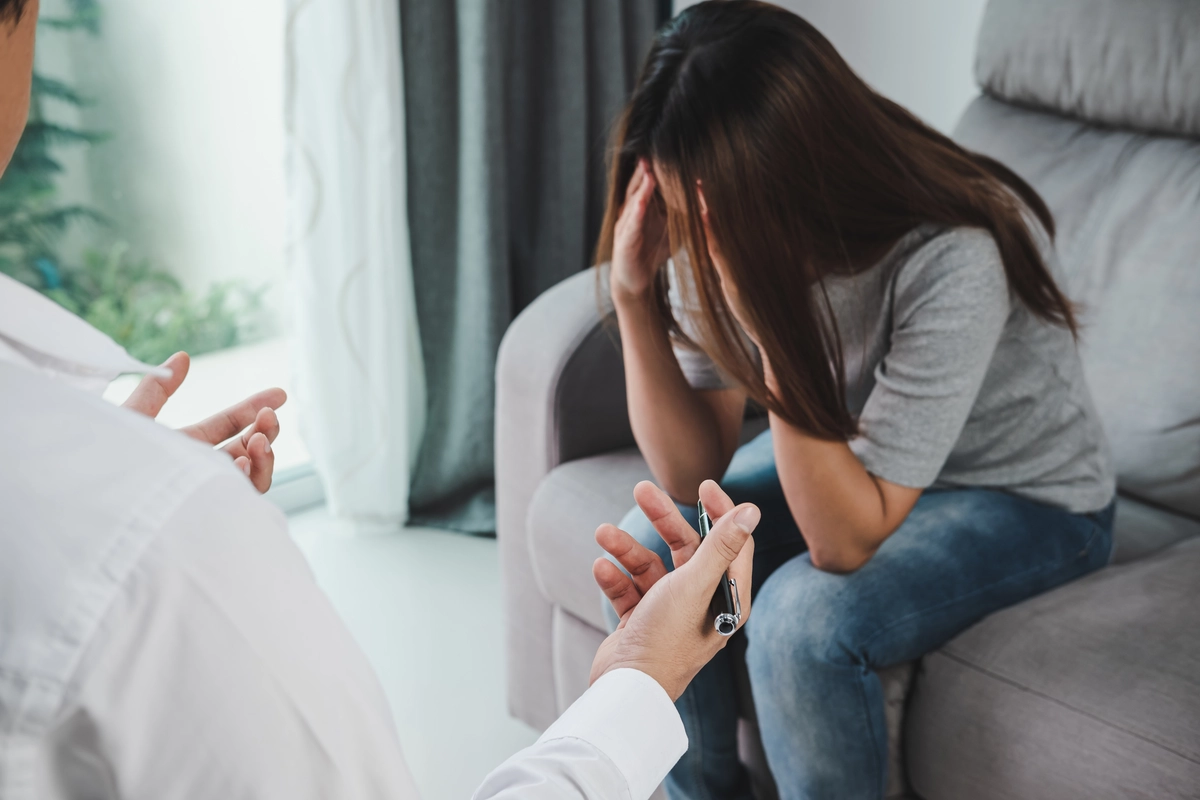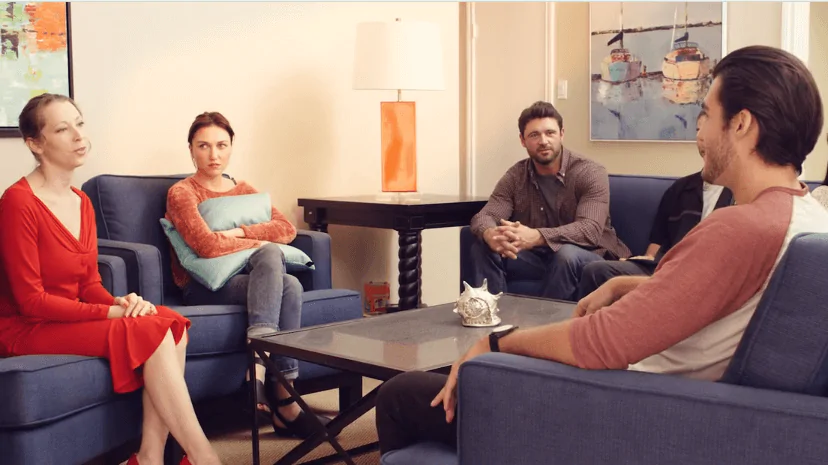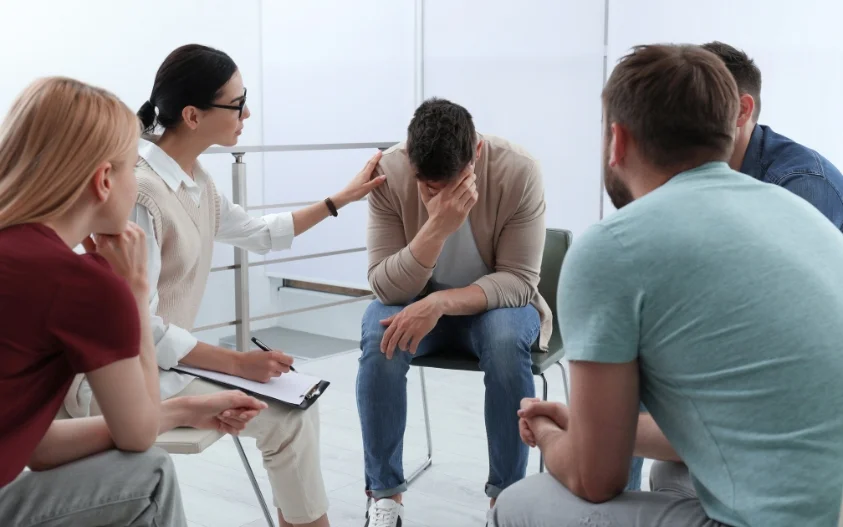24/7 Helpline:
(866) 899-111424/7 Helpline:
(866) 899-1114
Learn more about Klonopin Detox centers in El Cajon
Klonopin Detox in Other Cities

Other Insurance Options

Ceridian

State Farm

Sutter

WellPoint

GEHA

CareFirst

EmblemHealth

Kaiser Permanente

BlueCross

BlueShield

Health Choice

Ambetter

Covered California

Multiplan

UMR

Access to Recovery (ATR) Voucher

Health Partners

Amerigroup

Horizon Healthcare Service

CareSource

El Cajon Treatment Clinic
Located at Located at 234 N. Magnolia Avenue in El Cajon, California, the El Cajon Treatment Center/...

McAlister Institute for Treatment and Education – East County Adolescent Detox
McAlister Institute for Treatment and Education–East County Adolescent Detox is an inpatient addicti...

Sharp Mesa Vista – East County Outpatient
Sharp Mesa Vista Hospital offers outpatient services for individuals with mental health disorders an...

Volunteers of America Southwest – Veterans Service Center
Volunteers of America Southwest – Veterans Service Center is a private rehab located in El Cajon, Ca...

East County Mental Health
East County Mental Health is a public rehab located in El Cajon, California. East County Mental Heal...














Alano Club
Alano Club is a non-profit rehab located in El Cajon, California. Alano Club specializes in the trea...

Alcohol Drug and Criminal Justice Programs
Alcohol Drug and Criminal Justice Programs is a private rehab located in El Cajon, California. Alcoh...

MHS – East County Center for Change
MHS - East County Center for Change is the case management and treatment provider for San Diego’s Ea...

McAlister Institute – East Teen Recovery Center
McAlister Institute – East Teen Recovery Center is a non-profit rehab located in El Cajon, Californi...

East County Regional Recovery Center
At East County Regional Recovery Center, services include assessment, treatment planning, individual...

Union of Pan Asian Communities – El Cajon
Union of Pan Asian Communities - Lexington Avenue provides services to address mental health issues ...

Community Research Foundation
Community Research Foundation is a private rehab located in El Cajon, California. Community Research...












